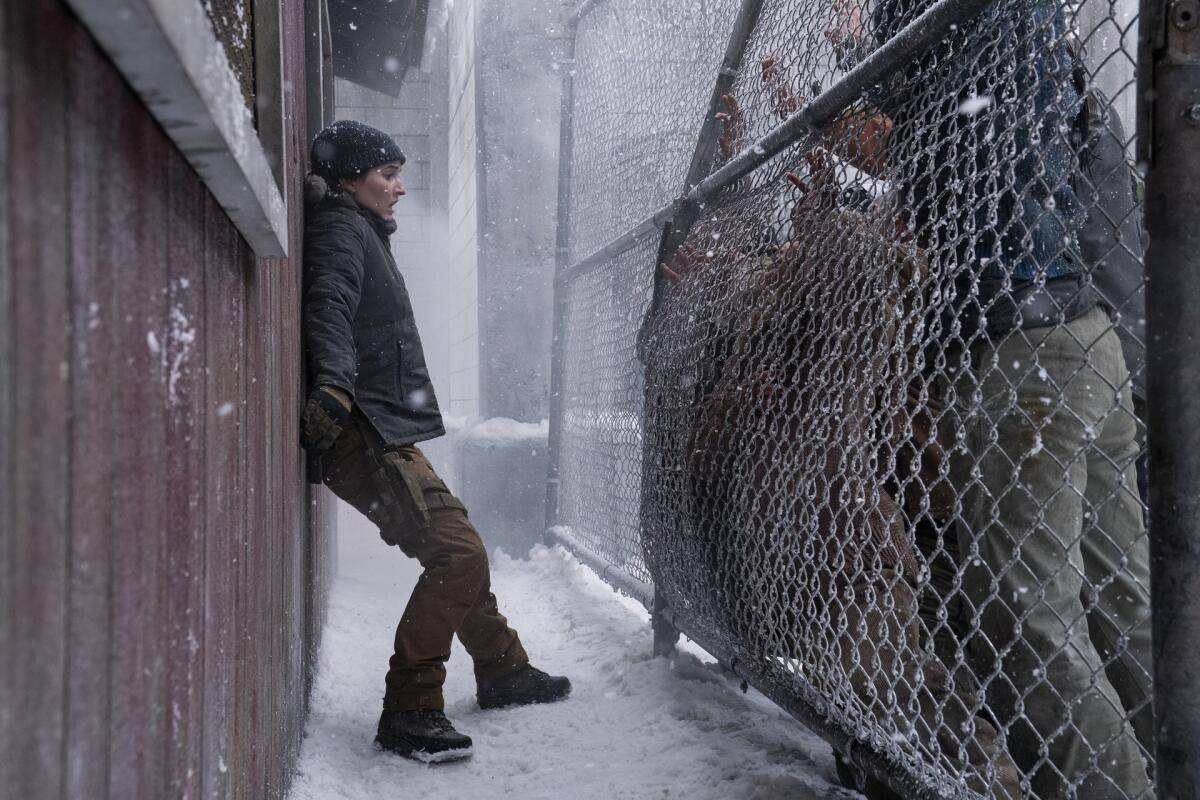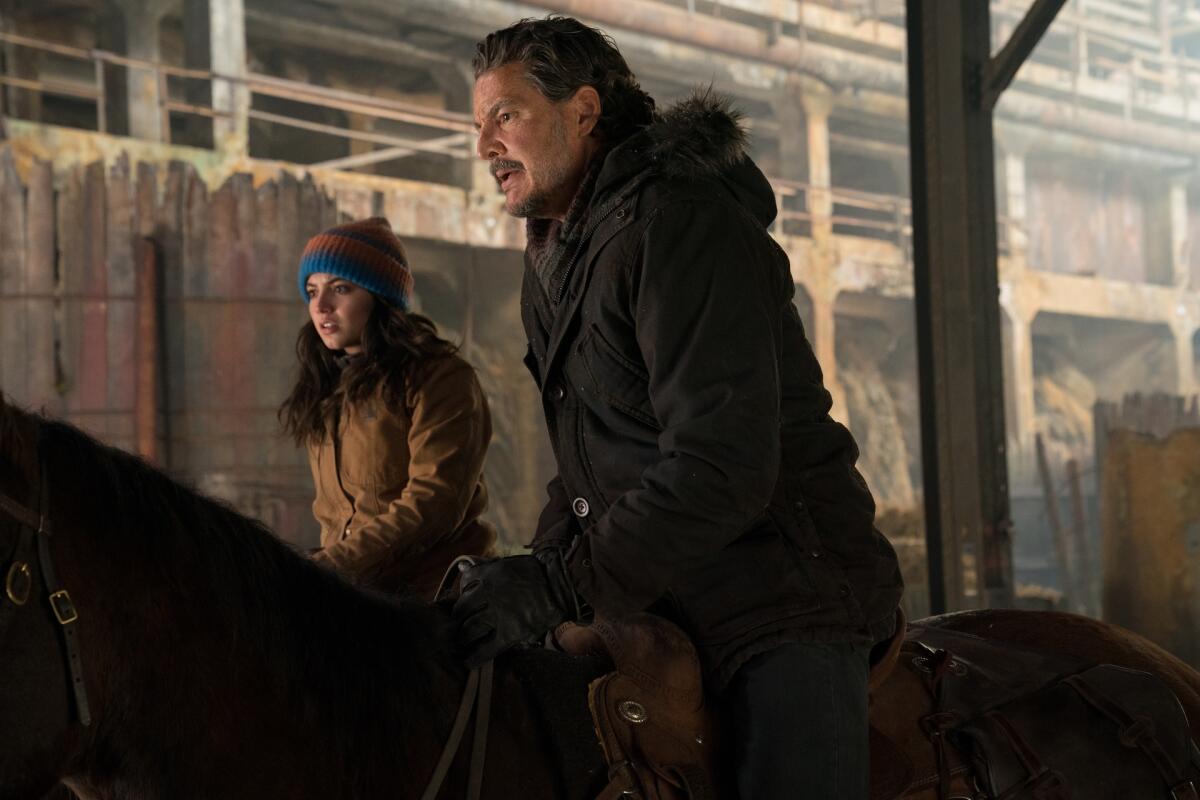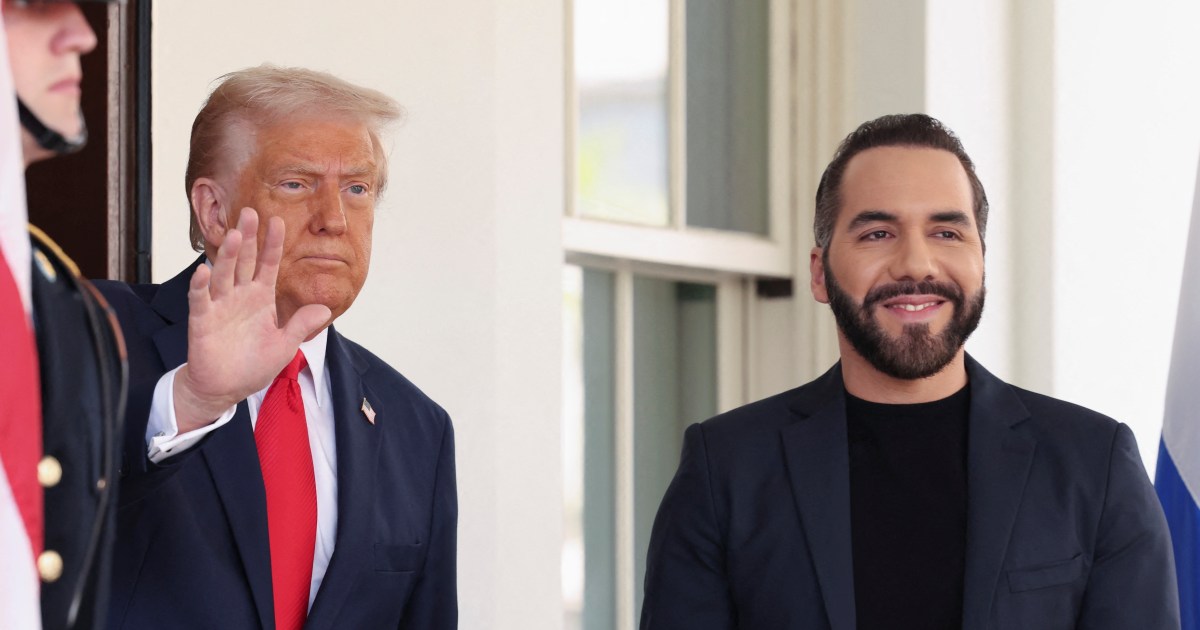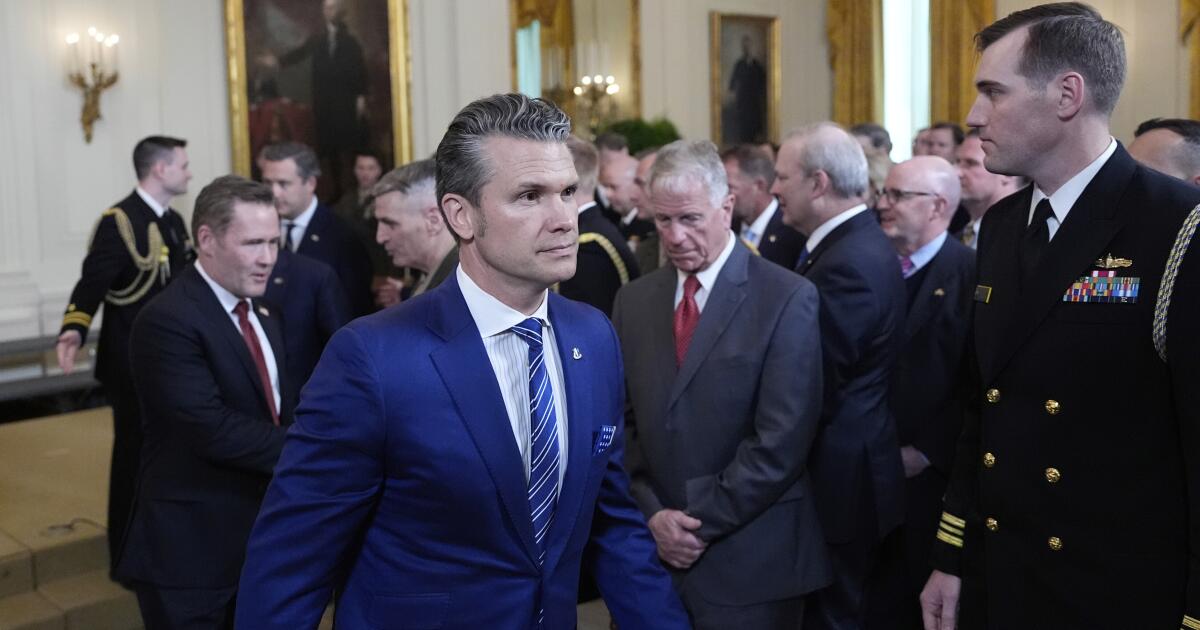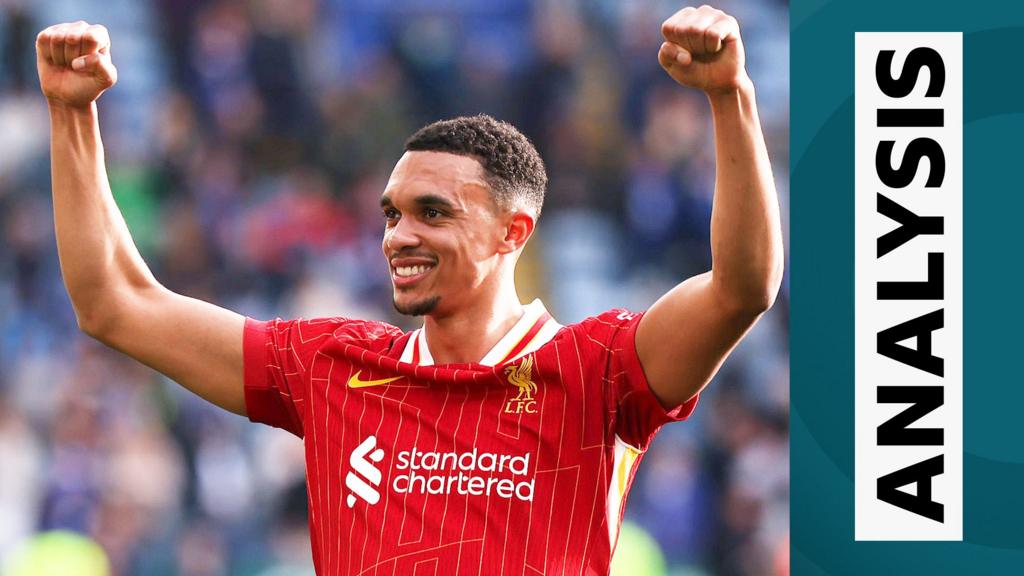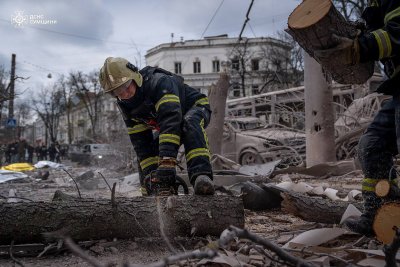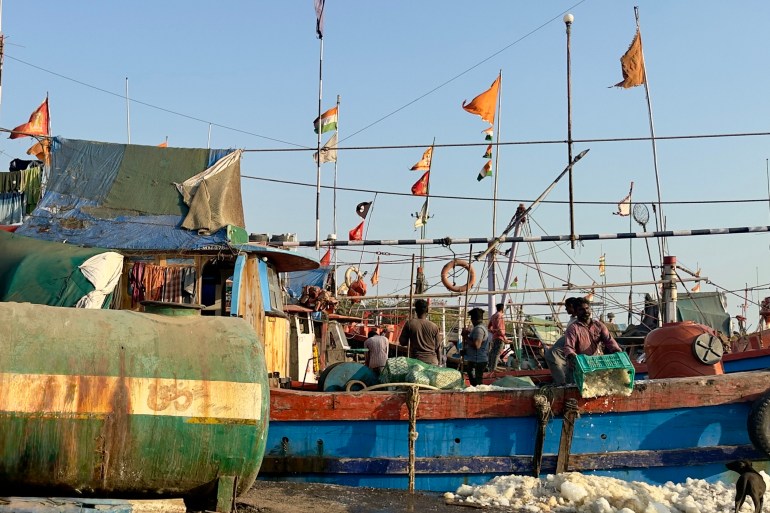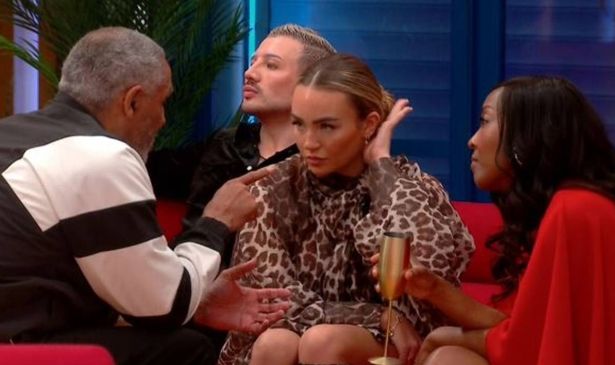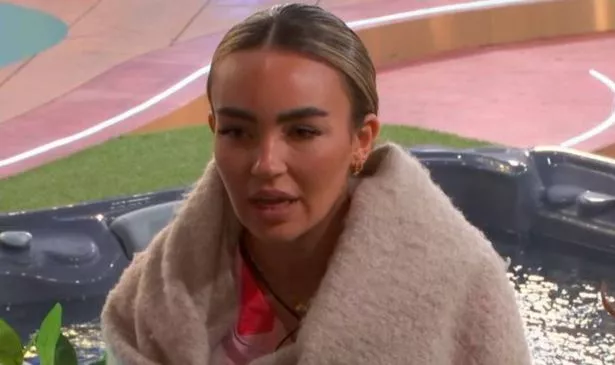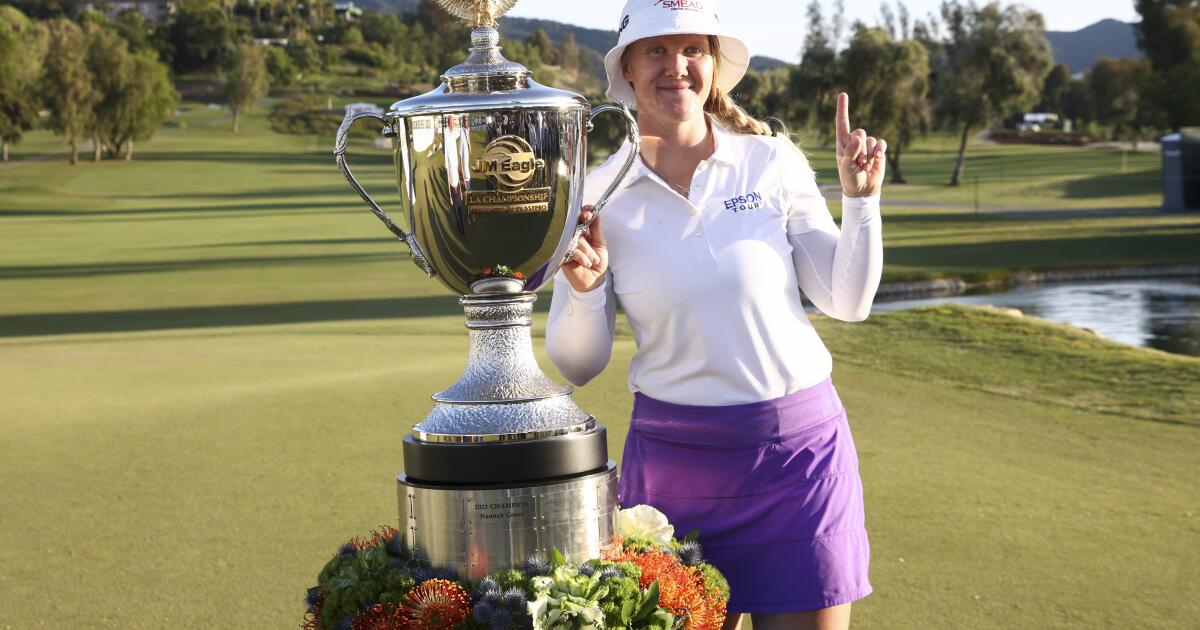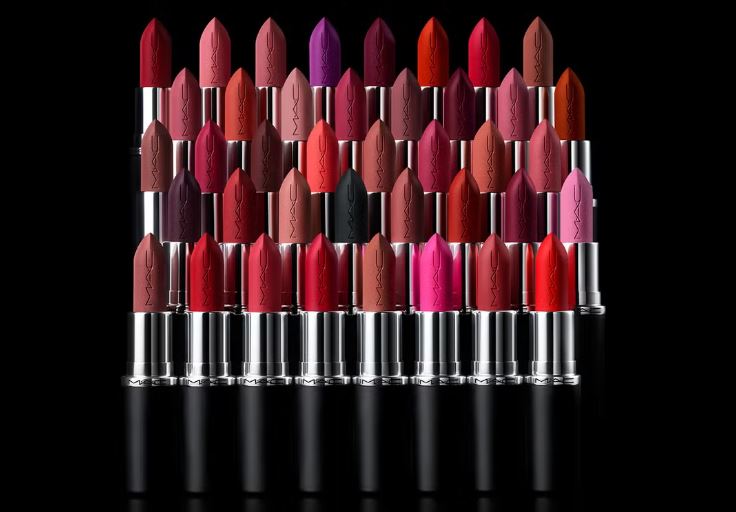WASHINGTON — Supreme Court nominee Douglas H. Ginsburg, it seems, was a puzzle wrapped in a paradox inside a surprise.
On Oct. 29, when President Reagan put forward his name, the 41-year old federal appeals judge was a man about whom almost nothing was known. Then, as details of his life came to light, some proved to be startlingly unexpected.
Paradoxically, the more that was learned about him, the more elusive Ginsburg became. He emerged a man whose life and record were not all of one piece. Instead, they formed a patchwork–all too human, perhaps–of actions, styles and values that did not fit smoothly together.
What eventually proved fatal to his hopes was the fact that some elements of Ginsburg’s background–particularly his use of marijuana several times while a member of the Harvard Law School faculty–seemed incompatible with his assigned role as a representative of strict traditional values, stern regard for law-and-order, anti-permissiveness and other tenets of the Reagan Administration’s credo.
Not a Darling of Left
And, if he proved to be someone outside the rigid stereotype of conservative morality, Ginsburg also turned out to be no one the liberal left could love. When the November winds of controversy began to blow, he was a man standing alone–still a figure somehow out of focus.
Who is the justice-who-might-have-been?
Warm, witty, tolerant and sympathetic, some friends call him, a man remembered for gently shepherding a friend who had been raped through the painful necessities of medical treatment, and for spending weekend after weekend reading to his young daughter when his first marriage failed.
“Soft-spoken and a little shy,” a Cambridge, Mass., neighbor remembers. “Not the kind of person who makes enemies at all,” recalls another.
Not so, insist some who remember Ginsburg bitterly from his days as head of the Justice Department’s antitrust division. To those colleagues, he is an arrogant, aloof bureaucrat–a cold ideologue so lost in abstract theories and out of touch with reality that he once suggested that his effort to slash government regulation of business was a pro bono effort on behalf of the poor and disadvantaged.
‘Brittleness to Him’
A former colleague on the Harvard Law School faculty who knew him well contends he is “a very self-constructed personality, and he skates pretty close to the line. There’s a brittleness to him that verges on phoniness.”
Similarly incongruous:
Ginsburg was portrayed by classmates as a brilliant but bookish scholar who toiled in the library at the University of Chicago Law School when others went out for beer, as someone who developed a passion for the intricate theories developed by “the Chicago school” about the economic dimensions of legal and social issues.
“During my entire career in the law,” Ginsburg said when he was being considered for a seat on the U.S. Circuit Court of Appeals, “my principal activities have been in the service of the public interest, as opposed to personal advantage”
Yet if all that suggests an ivory-tower scholar and public servant with little interest in worldly goods, Ginsburg’s life is also marked by plunges into business ventures–leaving college to found a nationwide computer dating service, taking time from his duties on the Harvard Law School faculty to launch a bank consulting service, parlaying the modest salaries of a professor and government official into real estate and other holdings now worth more than $800,000.
Ran Afoul of Restrictions
So vigorously did Ginsburg and his partner, fellow-professor Hal Scott, pursue their bank consulting business in Cambridge during the early 1980s that they ran afoul of Harvard’s restrictions on such outside dealings and were required to stop.
There are other paradoxes:
Although he grew up and went through college and joined the Harvard faculty in the 1960s and 1970s–an era of student revolt that shook the nation–Ginsburg wore suits and ties to class and appeared totally untouched by the social and moral issues that wracked his generation–civil rights, the Vietnam War, Watergate, radical politics and the environmental movement.
So far as many of his friends can recall, he almost never discussed such matters. “The remarkable thing was that he was extremely uninvolved in all those things,” says Martha Field, a colleague on the Harvard Law School faculty.
But in the details of his personal life, Ginsburg seemed to reflect elements of that period–its unconventional, even iconoclastic attitudes, its impulse to set aside time-honored customs and ways of living.
He dabbled with marijuana, not only as a college student but much later as a teacher. He married, separated, lived for a time with the woman who would become his second wife, a medical student who–Ginsburg’s conservative supporters learned with dismay–performed several abortions during her residency at a Boston hospital.
There was also a time during his first marriage to Barbara M. deSecundy when, by her own account, she experienced a kind of identity crisis and pronounced herself dissatisfied with everything about herself.
‘I Shall Call You Claudia’
“Then I shall call you Claudia,” she says Ginsburg declared, conferring on her a name she later adopted legally. It was a gesture from the Age of Aquarius, suggesting a poignant impulse to believe that the gritty problems of life could be swept away with a romantic flourish.
If the lives of most people are a similar patchwork of impulses, styles and values, most people are not candidates for the Supreme Court, and not under the singularly demanding conditions that prevailed for Ginsburg.
Douglas Howard Ginsburg was born in Chicago on May 25, 1946, the third and last child of Maurice and Katherine Goodmont Ginsburg. His father was “a self-educated man” who “would read the encyclopedia from A to Z and then start again,” according to the nominee’s sister, Sandra Stein, but he prospered as founder of a small loan company and a mortgage firm.
The family lived in a high-rise apartment on North Lake Shore Drive, and Douglas attended private schools, graduating as valedictorian of the select Chicago Latin School.
“The funny thing about Doug Ginsburg is that no one remembers what he thought,” says Mary Ann MacFarlane, longtime secretary at Latin. “I remember a lot of kids from his class and could tell you about them, but not Ginsburg.”
Ginsburg enrolled at Cornell, in Ithaca, N. Y. “I remember him pretty well,” said Dean Rink, who lived in Ginsburg’s dormitory during his freshman year. “In comparison to him, I felt like a country boy. . . . I was always amazed at his sophistication. He was very articulate, cultured and interested in a wide variety of subjects–not just politics, but art and literature, too.”
After barely a year at Cornell, Ginsburg suddenly quit and–unsure what he wanted to do with his life–joined three Harvard undergraduates in a new computer dating venture, one of the first of its kind in the nation. Operation Match took off, grossing nearly $300,000 in its first nine months. The firm opened offices in New York, Chicago and Los Angeles, and Ginsburg moved to New York.
It was there–at an economics class at Hunter College–that he met Barbara.
Ginsburg later returned to Cornell, finished his undergraduate degree and entered the University of Chicago Law School.
If he was still a bookworm, Ginsburg by now could be intellectually aggressive, even brash, in the classroom. In an antitrust class taught by law school dean Philip Neal, Ginsburg and a classmate boldly strode to the front of the room one day to draw a graph on the blackboard and tutor the dean on law and economics.
They’re Cut Short
Amused, Neal nonetheless cut them short, saying: “If the professors of economics will return to their seats, the professor of law can continue.”
In 1975, Ginsburg joined the Harvard Law School faculty. A lanky, ascetic-looking assistant professor with a thick black beard and a curly halo of prematurely graying hair, he looked like a radical poet but was actually a retiring grind whose only diversion seemed to be going to movies in Harvard Square.
“We were in the mood of ‘let’s diversify the faculty, let’s stop being such a homogeneous place,’ ” says Richard Parker, a law professor, who was friendly with Ginsburg.
When he moved to Cambridge, Ginsburg separated from his wife; she and their 5-year-old daughter, Jessica deSecundy, lived in Washington.
Jessica–her name at birth was Jennifer Julianne Early Ginsburg but her parents renamed her soon afterward–would spend weekends with him. He doted on his daughter. Neighbors remember the two taking walks along the river and Ginsburg reading aloud to her on the roof deck of his building.
Gradually, Parker and other friends say, Ginsburg seemed to become dissatisfied at the Law School. “He was more conservative than the rest of the faculty, and he found it uncomfortable in the last several years,” said law professor Robert Clark, a friend and neighbor. He was also embittered when he was initially denied tenure, in 1979, because he was judged not to have published enough scholarly articles. He wrote a 200-page monograph on interstate banking and was awarded tenure in 1980.
Remarried in 1981
During this period, Ginsburg and deSecundy were divorced, and he became involved with his current wife, Hallee Perkins Morgan, whom he married in May, 1981. They have a daughter, Hallee.
Ginsburg left Harvard in July, 1983, to become a deputy assistant attorney general in the antitrust division of the Justice Department. He was primarily an administrator, personally appearing in court on only one case.
After a year at Justice, he moved to the Office of Management and Budget to run the Office of Information and Regulatory Affairs–a stint that provoked bitter controversy and led to a congressional investigation.
The most contentious case involved the Environmental Protection Agency’s effort to eliminate new products containing cancer-causing asbestos. Ginsburg and his aides blocked the move.
What OMB analysts did was assign a value of $1 million to a life saved, then “discounted” that amount because a person exposed to asbestos would not die of cancer for 20 to 30 years. In one calculation, OMB concluded that the net value of human life should be figured at $22,500.
“He was a proponent of the most callous regulatory approach imaginable,” charges David Vladeck, who battled OMB as a lawyer at the Public Citizen Litigation Group.
Ginsburg and his staff also derailed a scheduled EPA regulation on toxic chemical leaks from underground storage tanks, a decision that was angrily overturned by a federal judge. And without any publicity, his office squelched a planned Public Health Service study of the impact of federal budget cuts on infant mortality.
Admired for Ability
The Douglas Ginsburg who joined the Justice Department from Harvard in 1983 was admired both for his ability and for his deft manner during a time when the new Reagan philosophy of unfettering business was producing drastic changes in the antitrust division.
But in September, 1985, when he returned to the antitrust division from OMB not as junior executive but as chief executive of the entire division, Ginsburg by many accounts–although by no means all–was a changed man.
The top-heavy division needed pruning, but there is enormous bitterness over the way Ginsburg got rid of senior career officials: by surprise, in his first week, without staff advice or consent.
“The fact is, he had to make some very tough calls. . . . Doug is one of the most civil human beings I’ve ever known,” says Charles F. Rule, his successor in the post.
Ginsburg’s detractors, however, accuse him of having “had a vision of himself in a black robe;” of having “had one agenda, and that was Doug Ginsburg.”
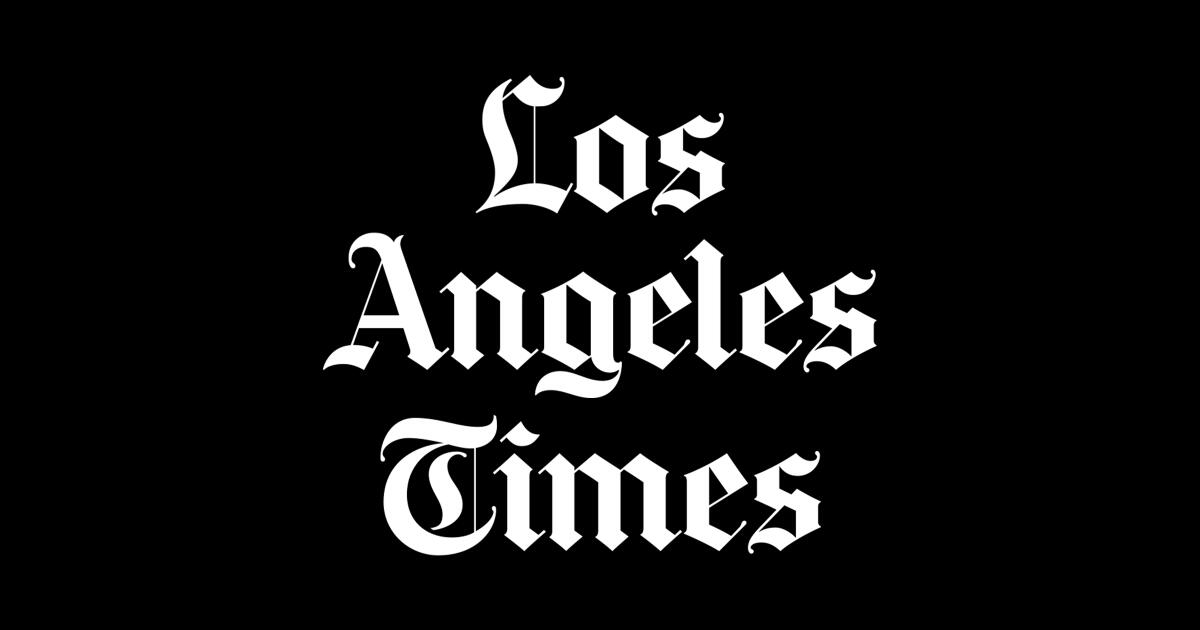
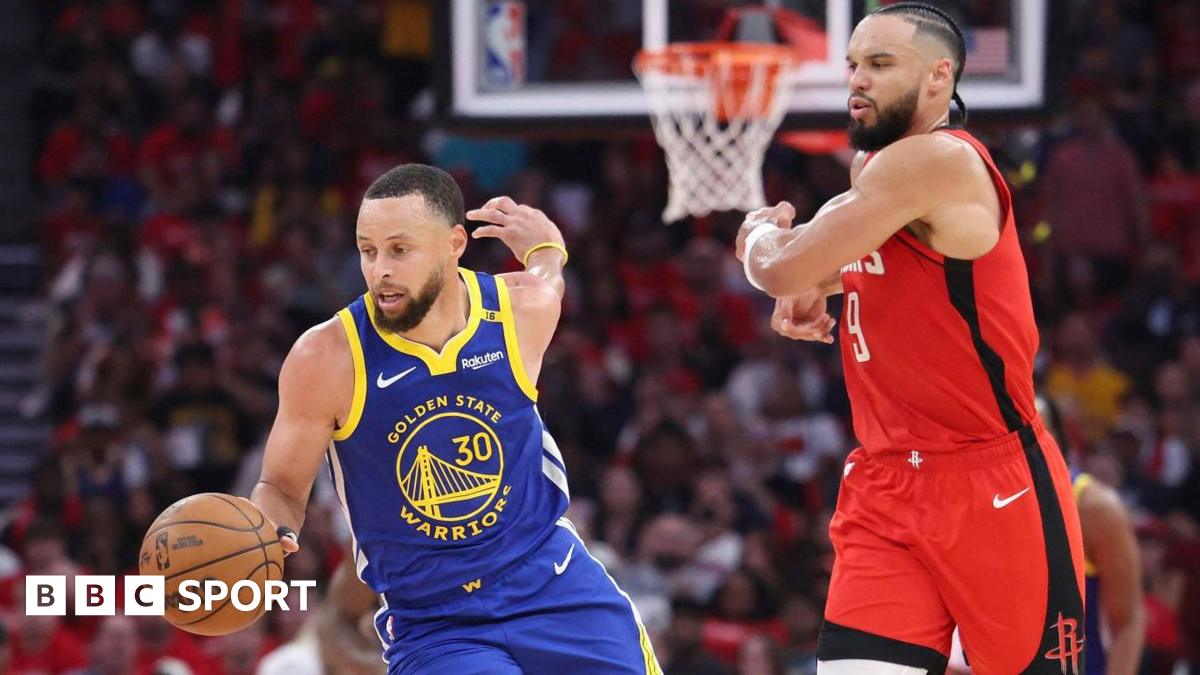
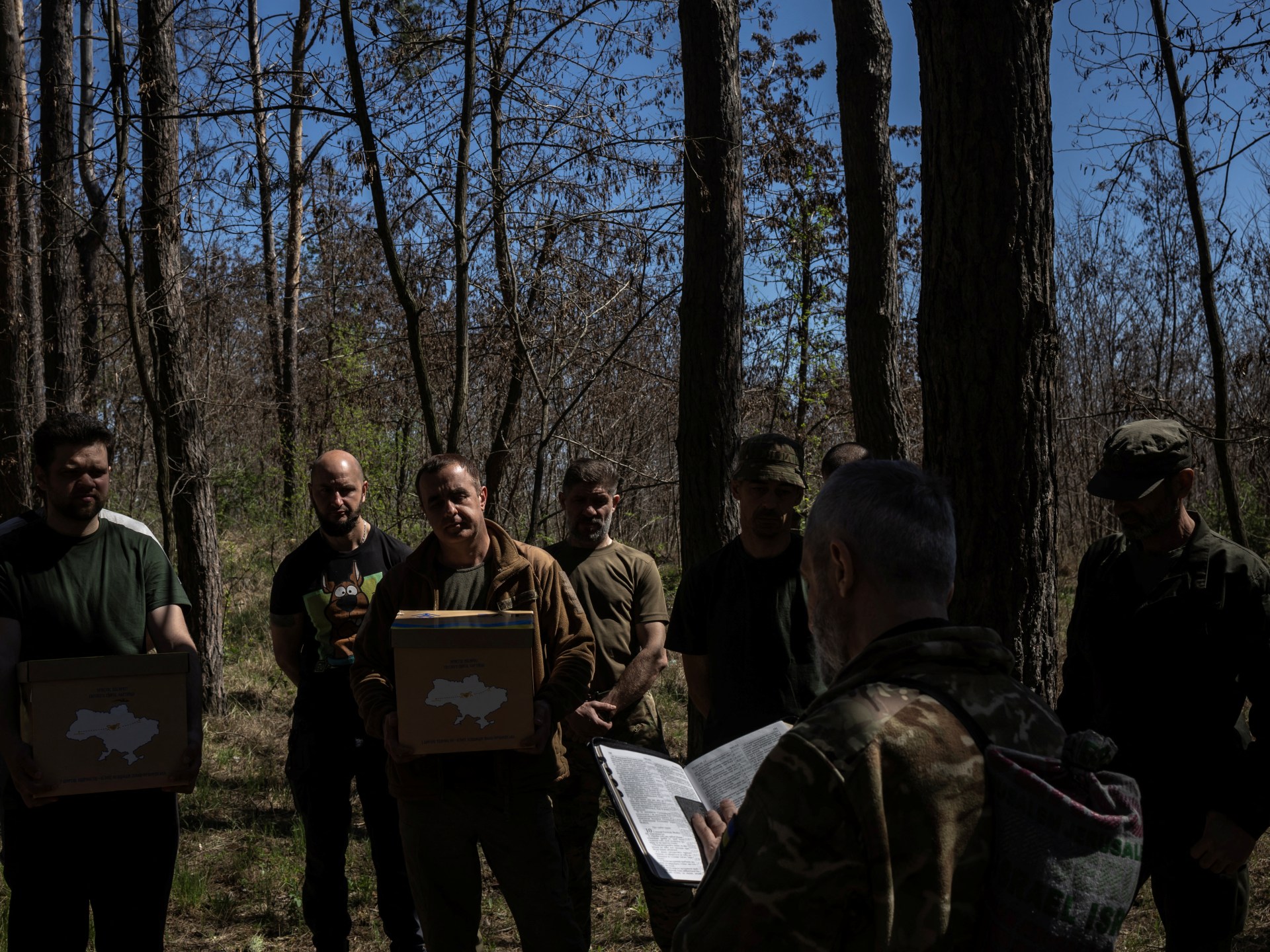


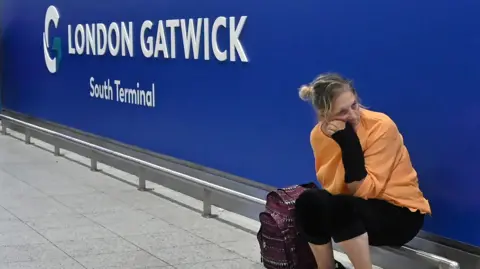
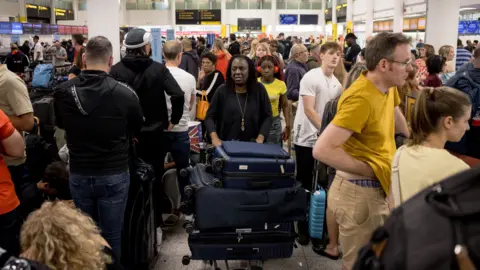
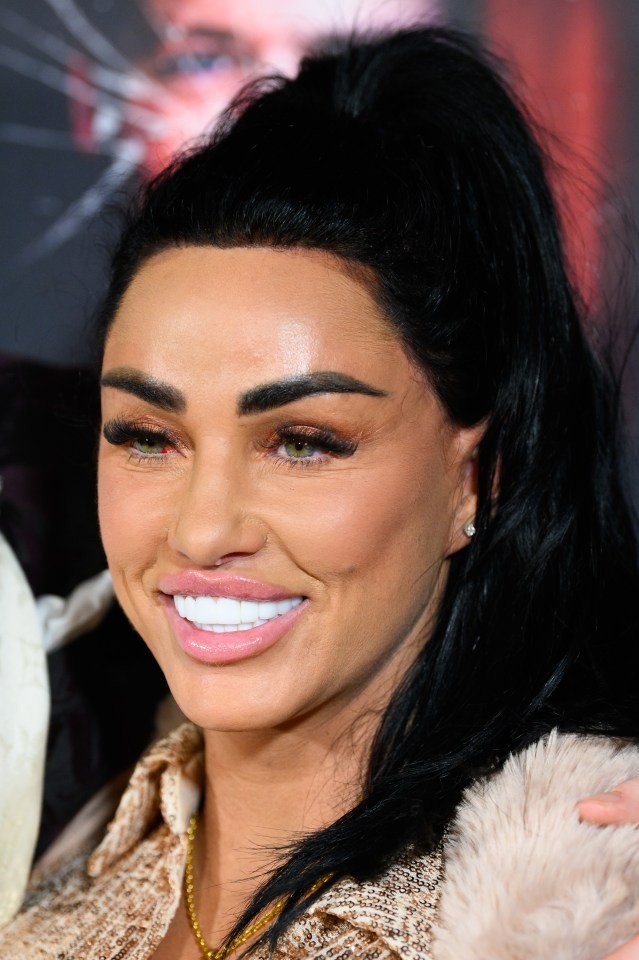
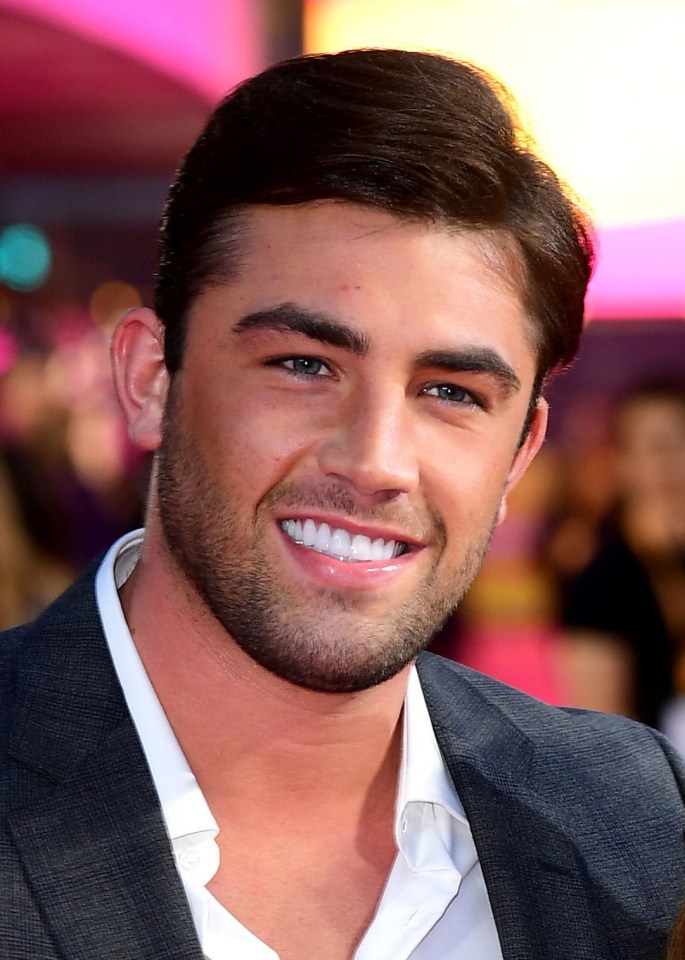

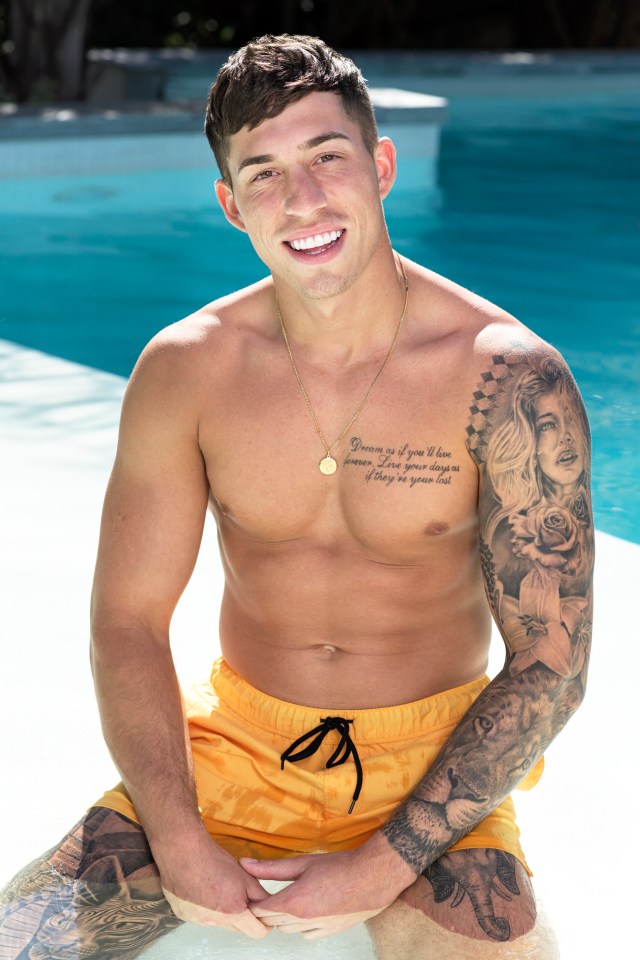

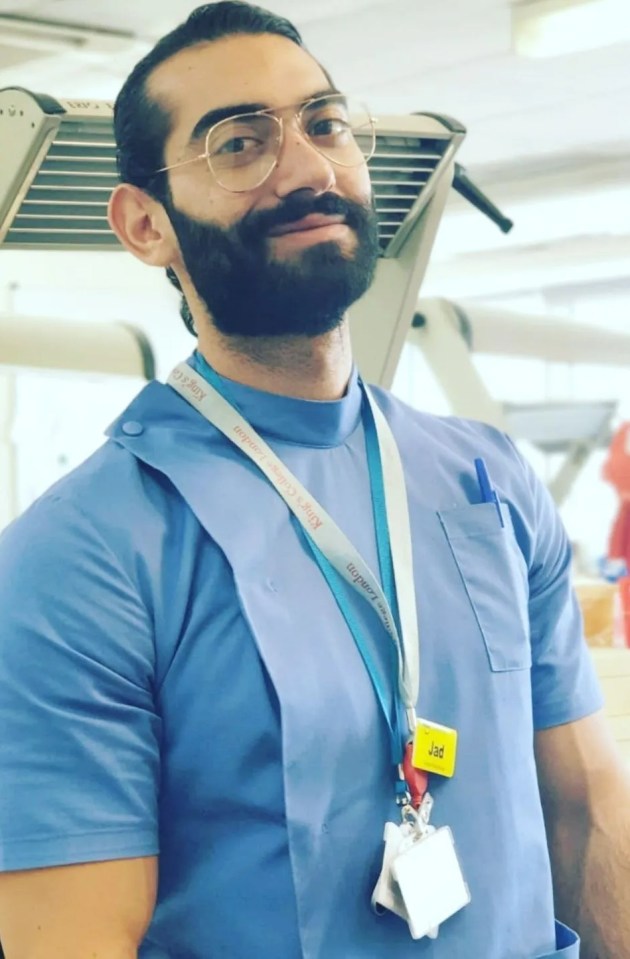

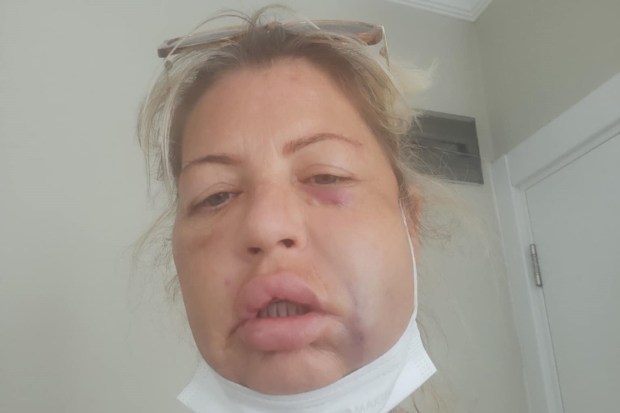
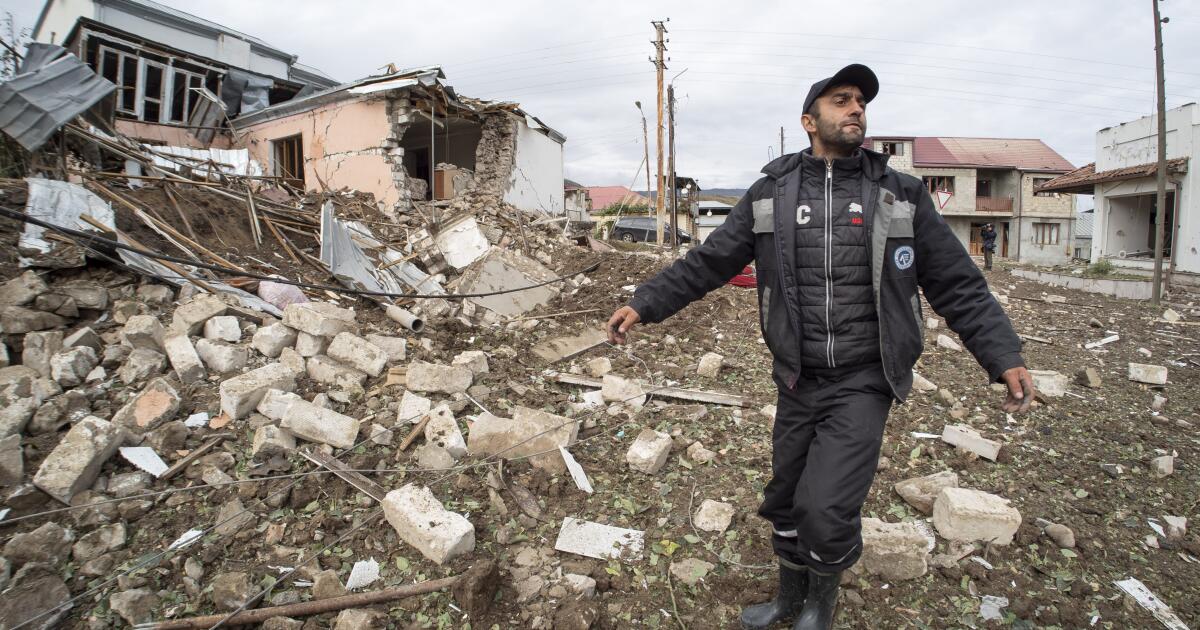

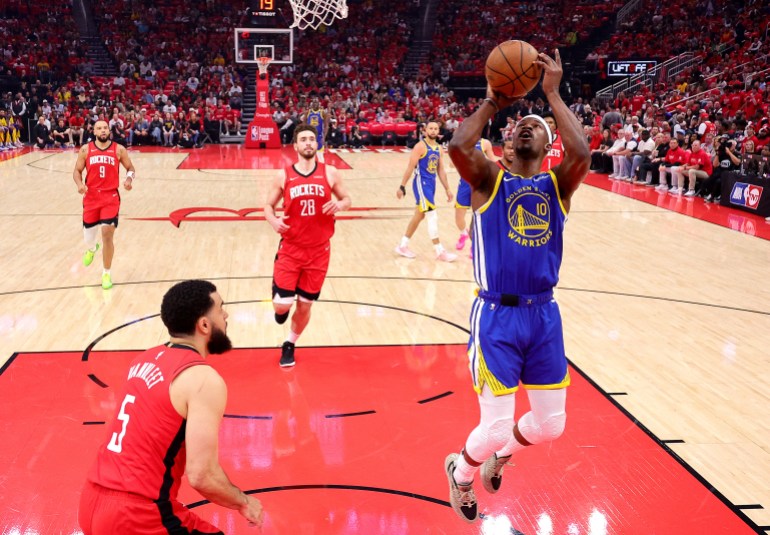
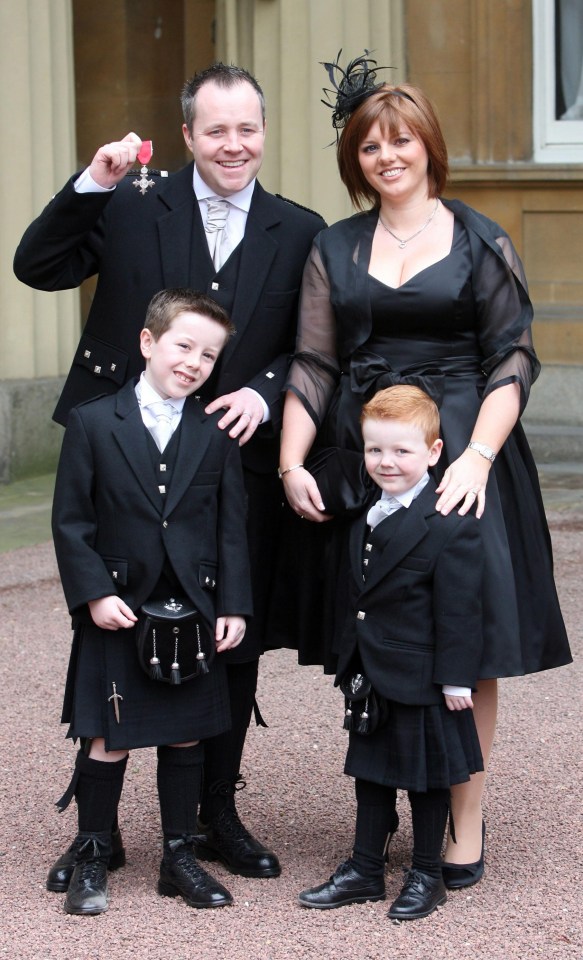
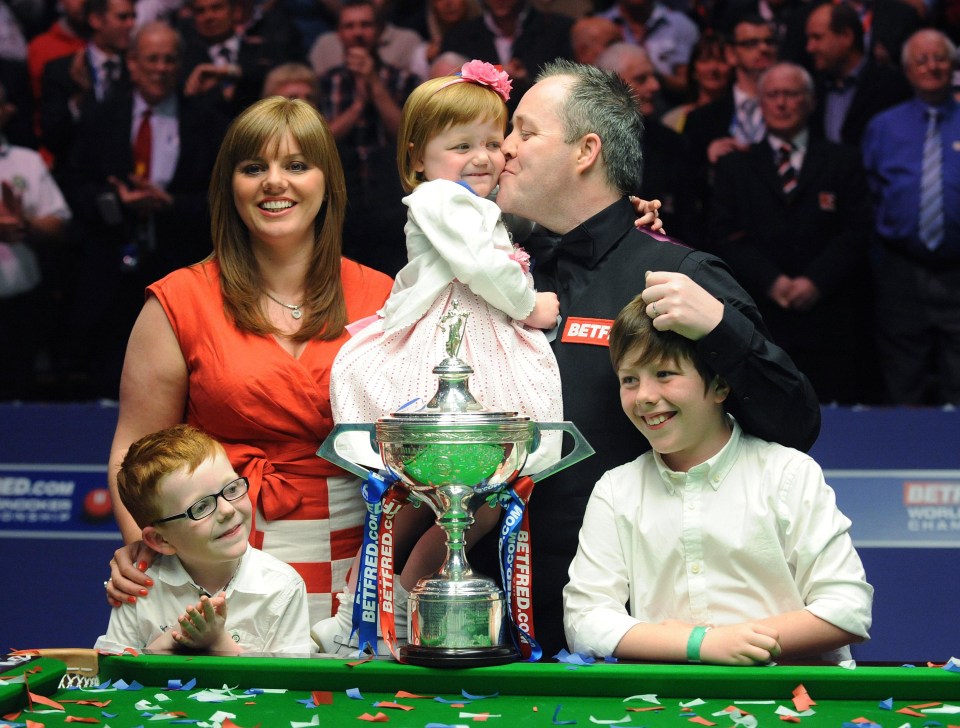
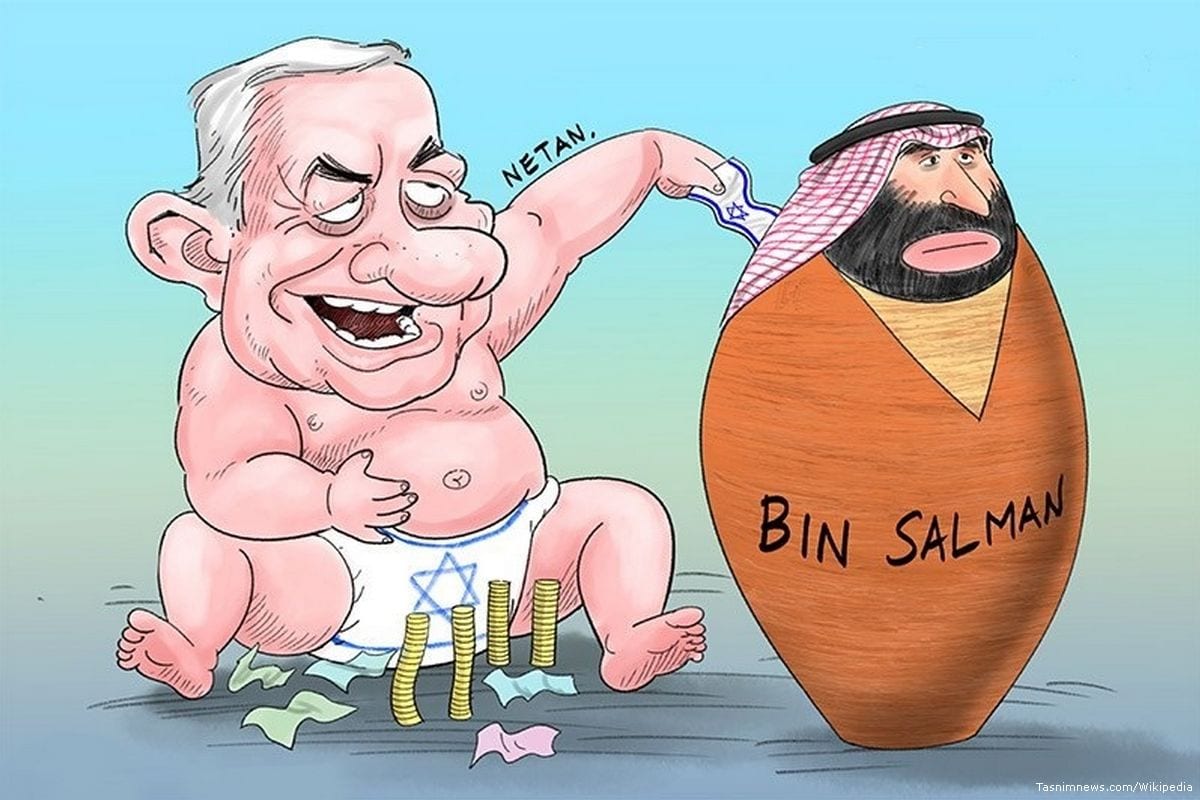
![Mohammad Bin Salman and Netanyahu - Cartoon [Tasnimnews.com/Wikipedia]](https://i0.wp.com/www.middleeastmonitor.com/wp-content/uploads/2018/01/2017_11-29-Mohammad-Bin-Salman-and-NetanyahuCaricature_of_Mohammad_Bin_Salman_03.jpg?resize=1200%2C800&ssl=1)
![U.S. President Donald Trump looks over at Crown Prince of Saudi Arabia Mohammad bin Salman al-Saud as they line up for the family photo during the opening day of Argentina G20 Leaders' Summit 2018 at Costa Salguero on 30 November 2018 in Buenos Aires, Argentina. [Daniel Jayo/Getty Images]](https://i0.wp.com/www.middleeastmonitor.com/wp-content/uploads/2018/12/2018-12-3_trump-and-bin-salmanbin-salman-g20-trump.jpg?resize=1200%2C800&ssl=1)


